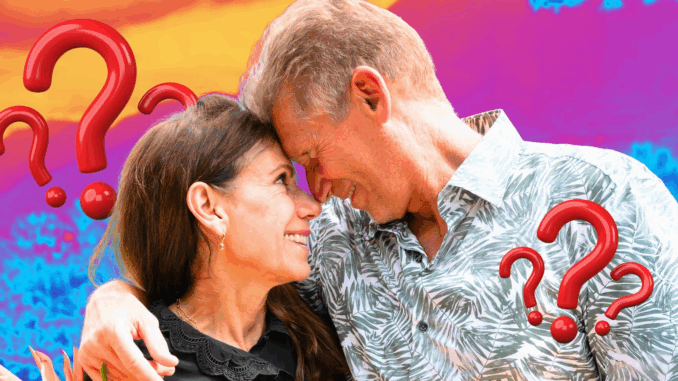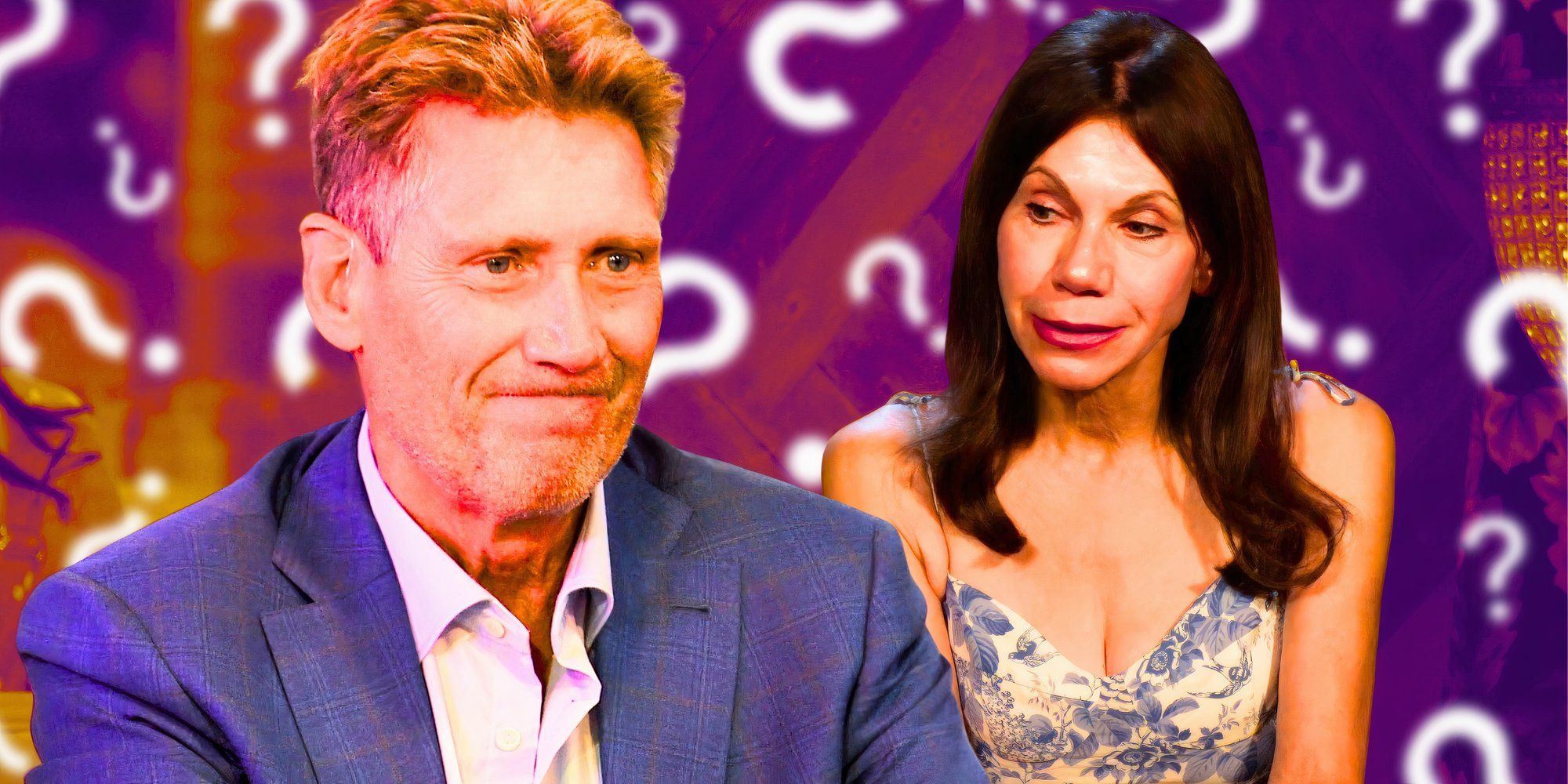
A Show That Spoke to a Generation Often Overlooked
When The Golden Bachelor was first announced, it felt like a gamble. Could a franchise known for its twenty-something drama translate into something meaningful for an older crowd? The answer was a resounding yes—and nowhere was that success felt more deeply than among middle-aged and senior viewers.
This audience segment, so often ignored by mainstream reality TV, found not just representation but resonance. The show wasn’t a novelty. It was a celebration. And it gave many viewers a chance to reflect on their own second chances at love.
Finally, a Love Story That Feels Real
For years, fans of dating shows have watched dramatic breakups, whirlwind engagements, and viral tears—but The Golden Bachelor brought something new: emotional honesty. Watching contestants in their 60s and 70s speak openly about widowhood, divorce, loneliness, and hope struck a powerful chord.
Many middle-aged viewers saw themselves in these stories. They related to the hesitancy of opening one’s heart again, the bravery of starting over, and the depth that comes with age. The show didn’t feel scripted. It felt like life.
“I cried more watching this season than I have in years,” one fan in her 50s shared on social media. “It reminded me I’m not too old to fall in love again.”
A Refreshing Departure from Youth-Obsessed Dating Shows
Television often glorifies youth, especially in romantic storytelling. But The Golden Bachelor flipped that dynamic. Instead of abs and bikinis, we saw stories of compassion, shared grief, and slow-building intimacy.
This shift resonated deeply with audiences over 40, many of whom have grown weary of unrealistic dating portrayals. The contestants weren’t chasing social media fame—they were chasing connection. And that made all the difference.
The show gave viewers a powerful reminder that love doesn’t have an expiration date.
Community and Connection Beyond the Screen

The show didn’t just entertain—it united. Online forums, Facebook groups, and community centers began hosting watch parties. Discussions about The Golden Bachelor became multigenerational conversations, as parents and adult children watched together and compared notes.
In a media environment where older voices are often sidelined, The Golden Bachelor offered a rare moment of shared relevance. It made dating after 60 visible—and even aspirational.
Some viewers even credited the show with giving them the courage to start dating again. “I joined a dating app for the first time in 20 years,” one 62-year-old widow commented. “If they can do it, why not me?”
More Than a Show—A Cultural Shift
The popularity of The Golden Bachelor among middle-aged and older audiences has led to broader conversations about representation in entertainment. Networks are taking note. There’s already buzz about The Golden Bachelorette—a spinoff that could continue to spotlight stories of mature romance.
And it’s not just about love. The show proved that viewers are hungry for stories that reflect the complexities of aging with dignity, humor, and hope. It’s a challenge to the industry to take older demographics seriously—not just as passive viewers, but as passionate fans.
Conclusion: Love, Laughter, and a Legacy
For many, The Golden Bachelor wasn’t just another dating show. It was validation. It was a reminder that vulnerability, growth, and romance aren’t reserved for the young.
Middle-aged viewers didn’t just enjoy The Golden Bachelor—they saw themselves in it. And in doing so, they helped the show become something bigger than anyone expected: a cultural touchstone for love later in life.